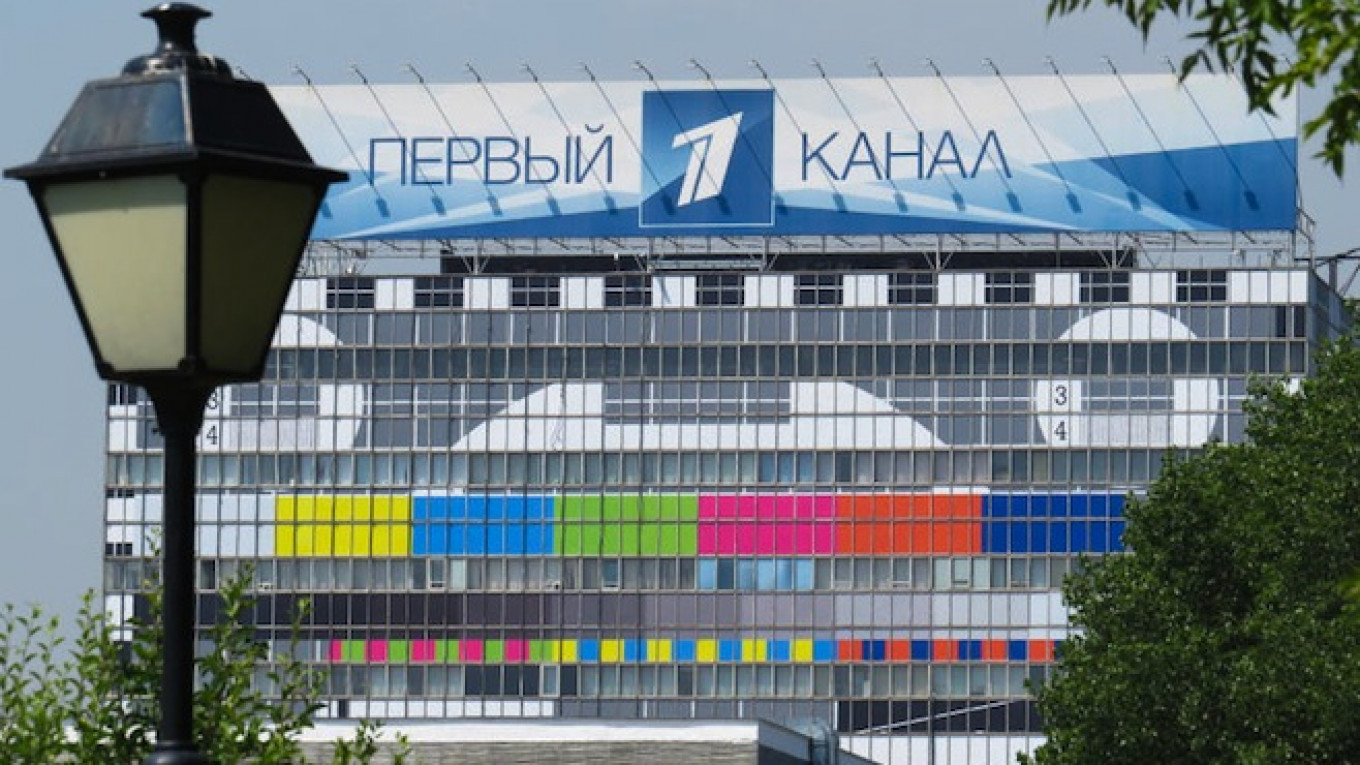Russia's Investigative Committee has opened a criminal case after a journalist from the country's state-owned Channel One was detained in Ukraine and deported by security services, the committee said in a statement Thursday.
A case has been opened into false imprisonment and obstruction of the lawful professional activity of journalists, the statement said.
Alexandra Cherepnina, a journalist at Russia's largest television network Channel One, was detained Wednesday in Kiev and then deported back to Russia, where she arrived later the same day. She was also barred from visiting Ukraine for the next three years.
“The fact that Cherepnina was released without charges confirms that her forcible detention and deportation are connected with her writing and telling the truth about events currently happening in Ukraine,” Investigative Committee spokesman Vladimir Markin said.
Markin's Ukrainian colleagues had a different interpretation of Cherepnina's work in Ukraine. According to a statement posted by the Security Service of Ukraine (SBU) on its Facebook page Thursday, by deporting the journalist, the agency “has blocked a propaganda campaign conducted by Russian special services.”
Cherepnina was deliberately misinforming the Russian public by describing Ukrainian soldiers as “militants who brainwash children with the aim of popularizing hatred toward Russia,” the SBU said.
The Russian state owns a majority stake in Channel One. Several other Russian journalists have been barred from Ukraine since a bloody conflict broke out in the country's east last spring between pro-Russian rebels and the central government in Kiev.
Kremlin spokesman Dmitry Peskov said Cherepnina's deportation was “categorically unacceptable.”
The Kremlin calls on all Russian journalists to exercise “extreme caution” while working in Ukraine, Peskov told RIA Novosti.
A Message from The Moscow Times:
Dear readers,
We are facing unprecedented challenges. Russia's Prosecutor General's Office has designated The Moscow Times as an "undesirable" organization, criminalizing our work and putting our staff at risk of prosecution. This follows our earlier unjust labeling as a "foreign agent."
These actions are direct attempts to silence independent journalism in Russia. The authorities claim our work "discredits the decisions of the Russian leadership." We see things differently: we strive to provide accurate, unbiased reporting on Russia.
We, the journalists of The Moscow Times, refuse to be silenced. But to continue our work, we need your help.
Your support, no matter how small, makes a world of difference. If you can, please support us monthly starting from just $2. It's quick to set up, and every contribution makes a significant impact.
By supporting The Moscow Times, you're defending open, independent journalism in the face of repression. Thank you for standing with us.
Remind me later.






